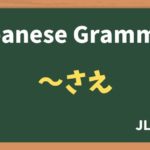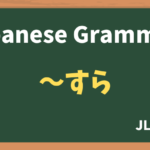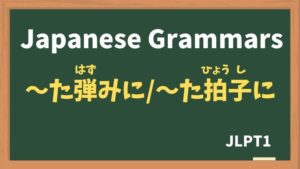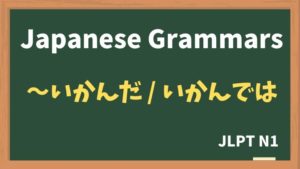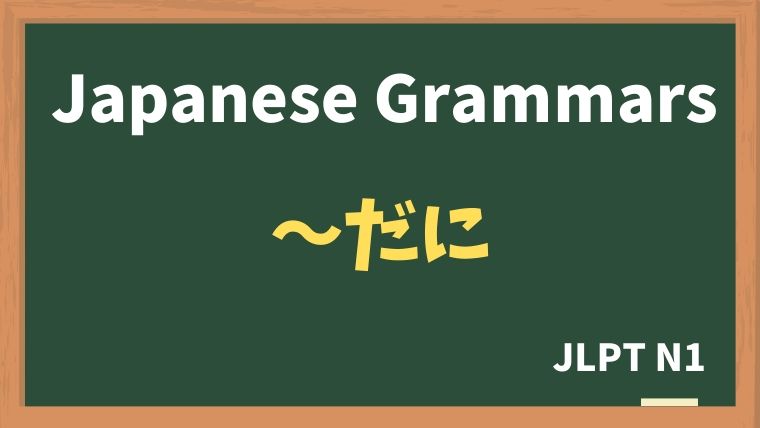
Explanation:〜だに
fa-check-circleMeaning
"〜さえ / 〜するだけでも"
Used to emphasize an extreme situation, often implying that something is beyond one's imagination or comprehension. It conveys the meaning "even just" or "just by," typically followed by verbs of perception, imagination, or thought. It is often used in negative or extreme contexts to highlight the degree of an action or situation.
fa-check-circleForm
V(dictionary form) + だに
N + だに
fa-check-circlePoints
- "Even Just" Connotation: It is used to express that something is so extreme or shocking that even thinking or imagining it is overwhelming.
- Frequently Used with Verbs of Perception: Commonly paired with verbs such as 想像する (imagine), 考える (think).
- Emphasizes Extremity: It often emphasizes how surprising, frightening, or unimaginable something is, and is typically used in formal or literary contexts.
fa-check-circleJLPT Level
N1
fa-check-circleNote
「〜さえ」、「〜すら」よりも古い表現です。
Sample sentenes
人間のクローンを作るなんて、想像するだに恐ろしい。
The very idea of creating human clones is horrifying even to imagine.
まさか、宝くじで1億円当たるなんて、夢にだに思わなかったよ。
I never even dreamed I'd win 100 million yen in the lottery.
技術の進歩により、将来ロボットに仕事を奪われる日が来るなんて、考えるだに恐ろしい。
It's terrifying to even think that one day robots might take our jobs due to technological advancement.
クラスでトップの成績の彼が、JLPT N1に落ちるなんて、予想だにしなかった。
I didn't even expect him, who had the top grades in the class, to fail the JLPT N1 exam.
その男は、判決を聞いても微動だにしなかった。(※微動だにしない=少しも動かない)
The man didn't even flinch when he heard the verdict, not even a slight movement
Vocabulary
| Japanese |
English | |
| - | クローン | clone |
| 判決 | はんけつ | judgment |

